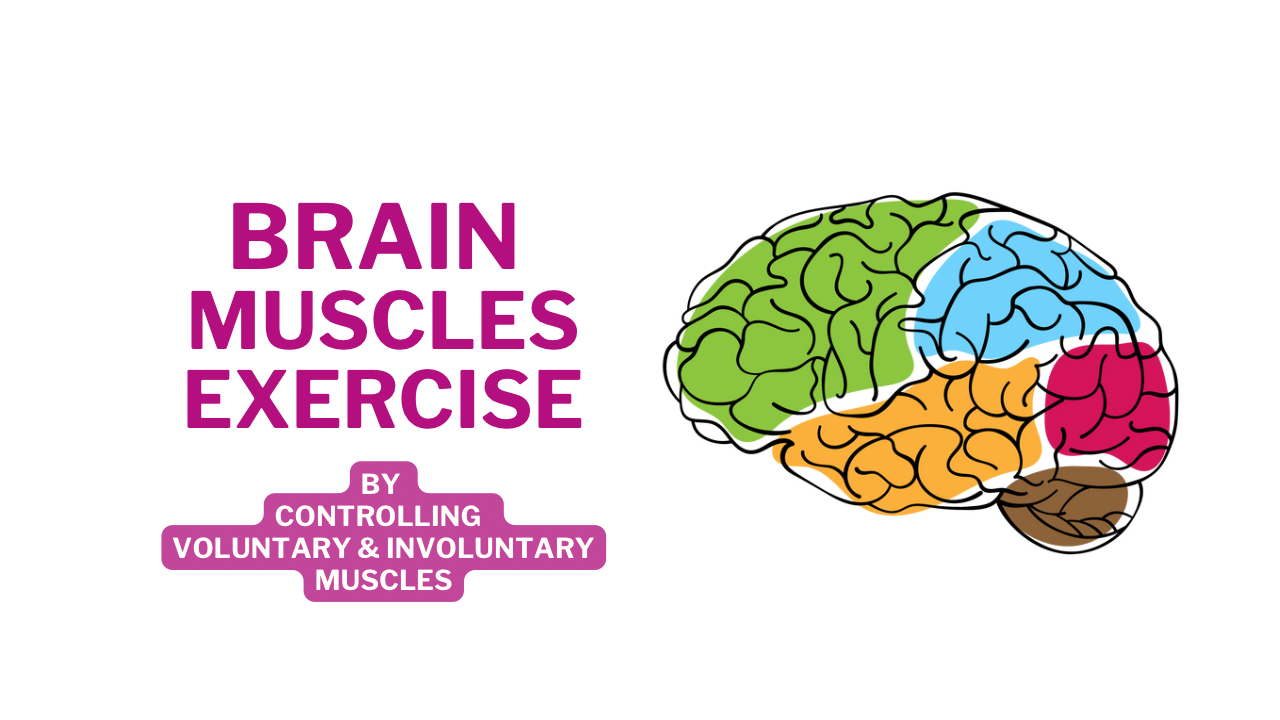
Brain Muscles Development
2 years ago By Yogi AnoopBrain Muscles Development
Voluntary & Involuntary Muscles
Among the five senses, only three senses have both voluntary and involuntary muscles. These are the eyes, tongue, and skin. The control over the muscles of the eyes and tongue is similar to that of the muscles in the hands and legs.
Control over the muscles of the ears and nose cannot be easily achieved. Controlling the muscles inside the ears is very challenging. As a result, there is not much observed tension in the muscles of the ears. The likelihood of a serious illness coming through the ears is very low.
The greatest risk of illnesses comes through the same senses that have muscles, but those muscles are not controlled. Nature has provided constant control over these muscles, but we do not exercise that control.
Since two senses, namely the eyes and the tongue, are left completely uncontrolled by individuals, they tend to experience the most tension. It is from these two senses that the body experiences the most diseases.
In my research and experimentation, it should be attempted to relax these two senses. When the muscles of these two are relaxed, many stressed parts of the brain also become relaxed and calm. This naturally leads the body into a healing state, especially for all vital organs.
I always try to create a state for the body that is similar to the state of deep sleep, where the body and the brain are at rest. If we can put these senses to sleep without actually sleeping through meditation and skill, we can achieve success.
During my research, I found that the most damaging thing to this brain is unnecessary tension in the muscles of the brain, more than what is necessary. Note that these muscles are based on the person's senses.
And if tension can be given through senses, then it can also be ended through those same senses. Among these sensory muscles, the muscles of the eyes and the tongue contribute the most to increasing tension in the brain's muscles.
Recent Blog
Copyright - by Yogi Anoop Academy
